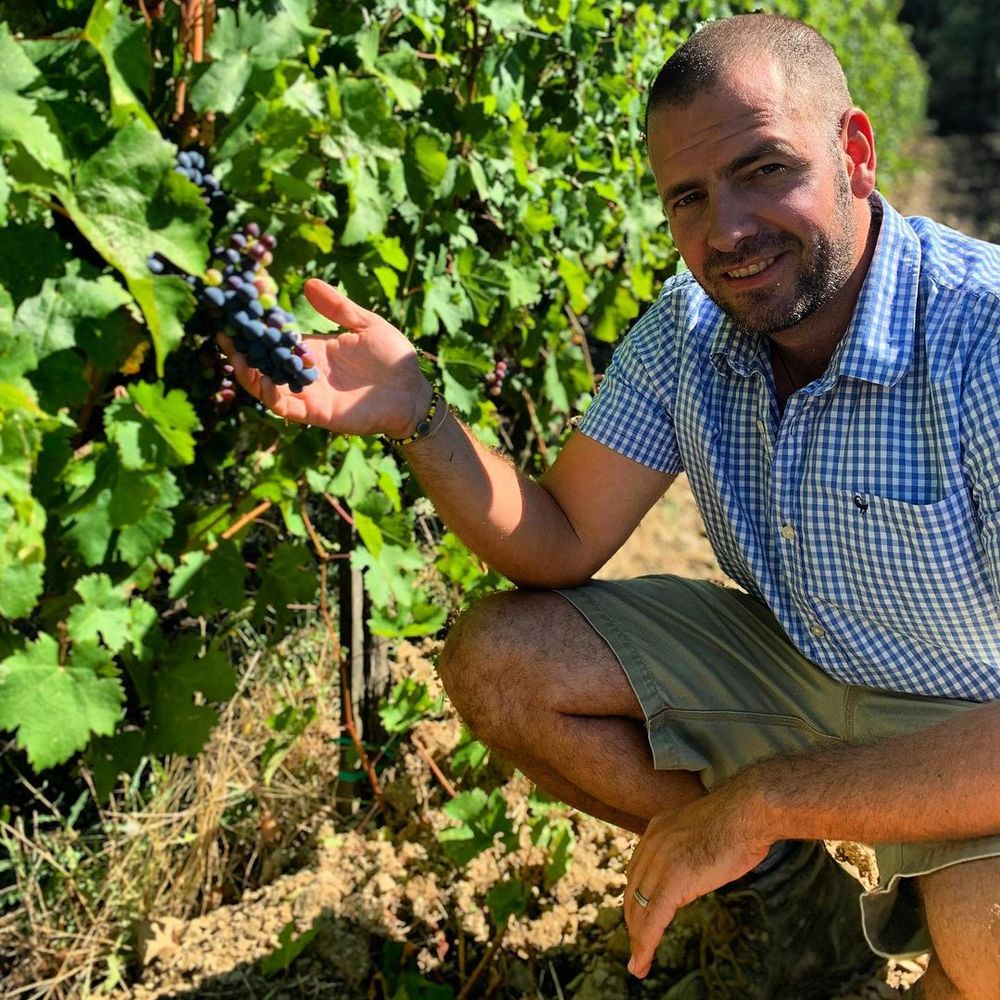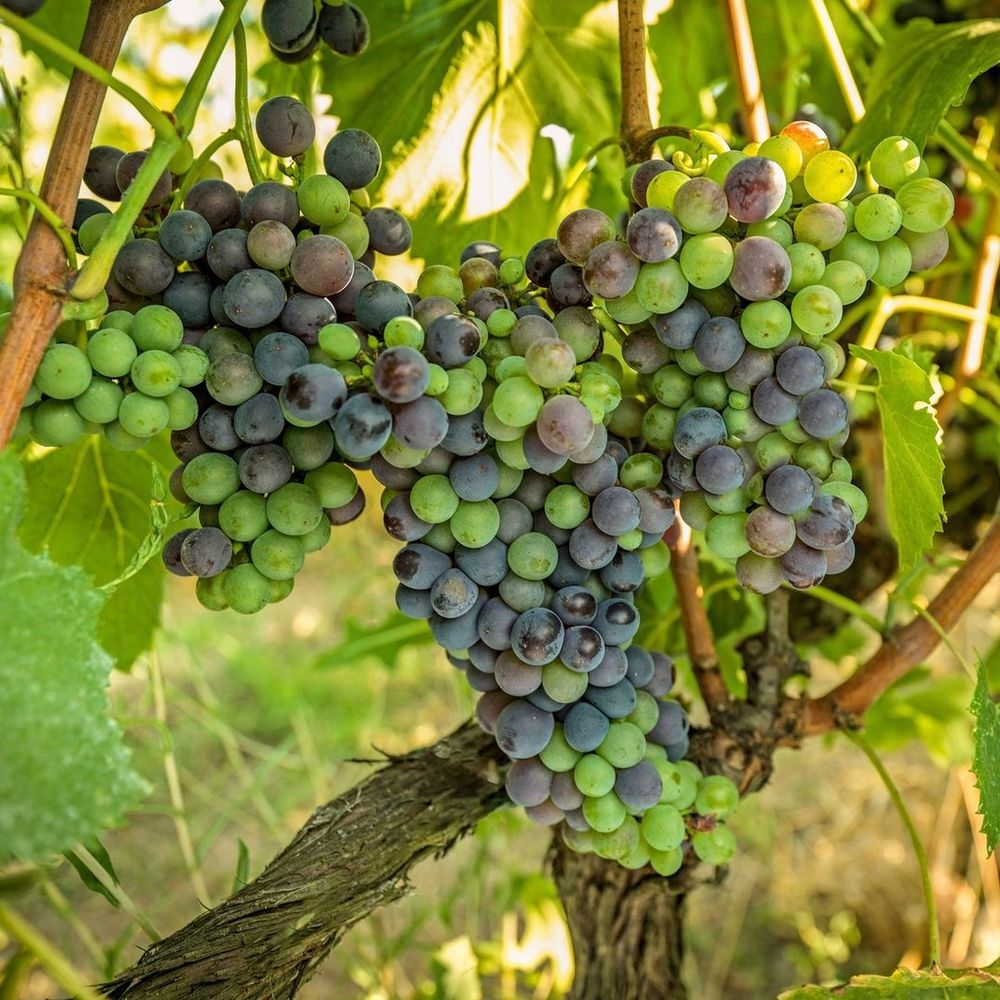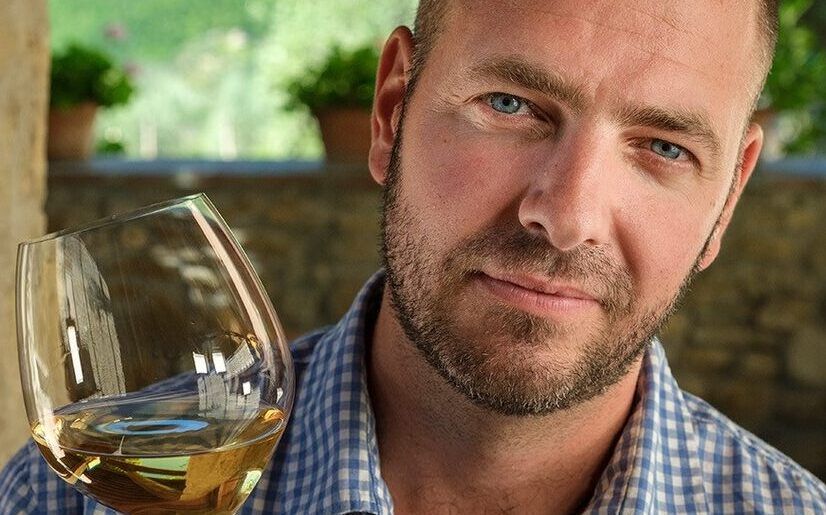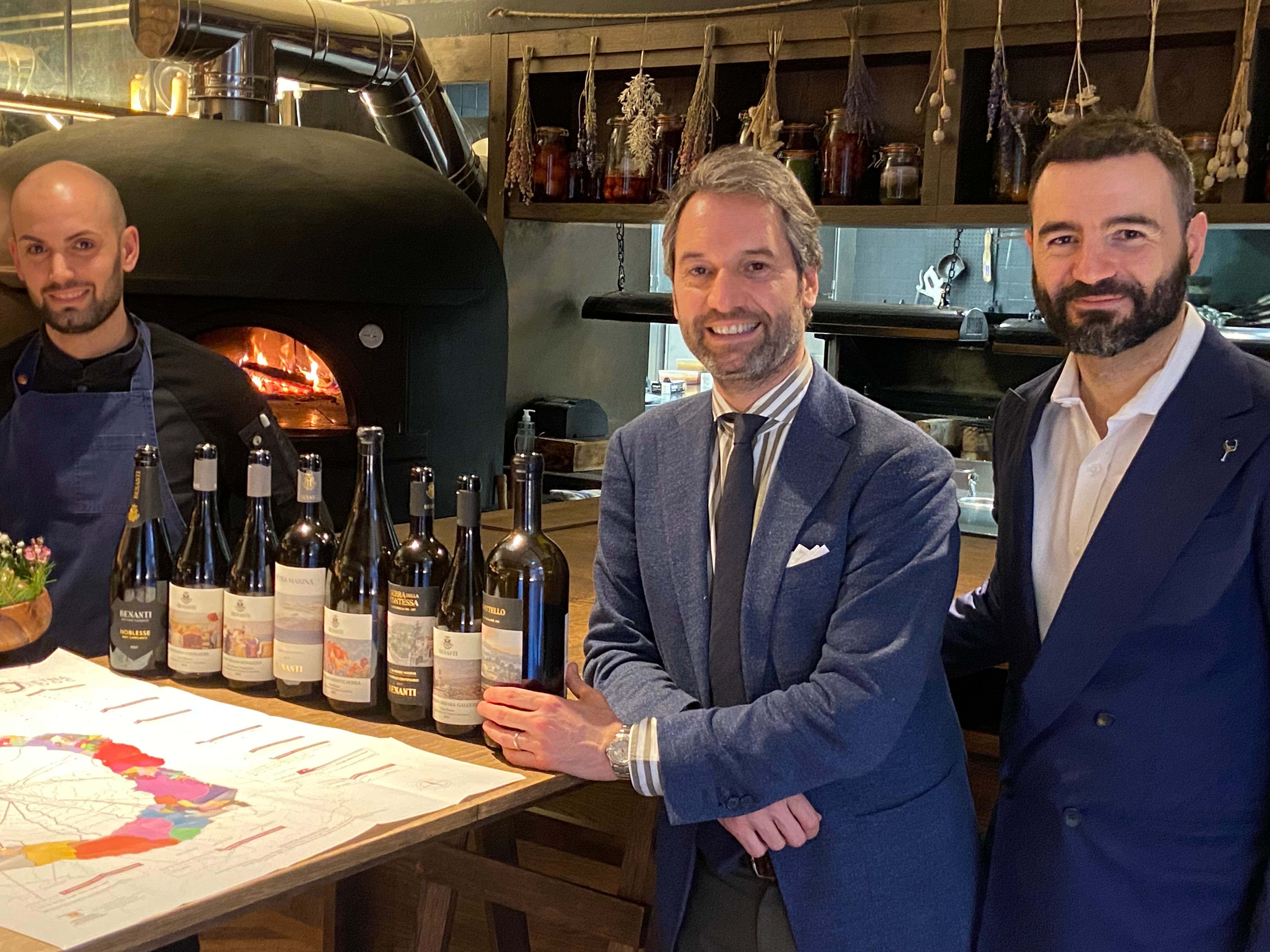“Climate change has a far greater impact than the restrictions set in place for a safe working environment in the cellar,” writes Querciabella’s Manfred Ing.

Manfred Ing, winemaker at Querciabella
For the past 11 years talented South African winemaker Manfred Ing, has been cellar master at top Chianti estate Querciabella – releasing not only some of the purest expressions of Chianti Classico but also venturing into Super-Tuscan territory with Camartina and Palafreno. Querciabella is also responsible for one of the most acclaimed Italian whites, Batàr, alongside a range of exciting Maremma wines.
PETER DEAN: How has life been for the past 18 months?
MANFRED ING: Like everyone on earth, the past 18 months has come with many challenges but I know that I have more fortunate than others who have not only lost their jobs, but also their lives. Obviously, the wine and the vineyards haven’t taken a break during the pandemic and neither have we. For this I am very grateful. We literally have had to learn to adapt and get on with our lives and jobs in a sensible way respecting all of the rules and continue to produce world class wines.
How has the pandemic affected your winery?
At Querciabella we are always concerned about the wellbeing of those around us and we took the whole situation very seriously. In the beginning of the first lockdown in March 2020 there was great uncertainty which forced us to implement all measures suggested by the government to reduce the spreading of the virus. Some of our colleagues were granted parental leave to look after their children and families, and we had to adopt different schedules and spilt shifts in the cellar to guarantee the basic operations continued. Since then, we have continued to operate at 100% following all of the the necessary restrictions and government regulations.
Has life returned to normal yet?
No. Not at all. Restrictions are being reduced which is great as vaccinations continue to increase and hospitalisations and deaths in Tuscany seem to be down. We are now able to move a bit more freely as it is summertime and most activities are outdoors but still far from “normal”
What has been the hardest thing about adapting to the ‘new normal’?
All the uncertainty. We are all “scared” of this virus, almost an invisible weapon that someone around you may or may not have. We all have to be sensible and keep our distance and wear masks etc for this invisible weapon that may not kill me, but very much could kill my grandmother (which it did). If it doesn’t kill or hospitalise, the possibility of losing my biggest asset, my sense of smell and taste is another uncertainty. Never mind the fact of not knowing when international travel will reopen so we will be able to go and visit all my family in South Africa.
Has anything good come out of it? If so what?
The fact that we have not been able to travel for work has resulted in all of us getting to spend much more time at home with our families which I have truly cherished.
What lessons do you think have been learned in the past 18 months?
That life is fragile and we need to look after ourselves and live a healthier lifestyle if we want to stand a better chance against this virus.
Has it led to anything new in the pipeline? Cuvées, varietals, styles etc?
We always have some exciting new projects on the go…
In terms of the effect on your winemaking – how impactful has COVID been compared to Climate Change?
Climate change has a far greater impact than the restrictions set in place for a safe working environment in the cellar. We have been able to develop protocols to work sensibly and avoid contact with colleagues in the winery and also in the vineyards. Climate change on the other hand is really all about the extremities that Mother Nature throws at us that we have to adapt to in order to continue to follow our strict plant-based approach to viticulture and winemaking to continue to make wines of exceptional quality. And I can promise you, these extremities, like the vines themselves, haven’t taken a break during the pandemic forcing us to pay maximum attention to detail to ever single aspect of production.

What stage of the current growing cycle are you?
Our grapes are changing colour at the end of the veraison phase with harvest just around the corner.
Is 2021 going to be a good harvest?
Great potential as still early days with more than a month to go before we get into the real harvest part. It has been quite warm and dry recently so a bit of rain will be greatly welcomed for our vineyards.
Any particular characteristics to note?
After abnormally warm conditions in February/March the vines started to wake up a little bit and then we had an uncharacteristically cold spell in the first week of April. This resulted in some spring frost damages in many of the lower lying areas in the valleys as well as some areas along the coast. With our vineyards in the Chianti Classico going from 350m to 650m asl, we were very fortunate to suffer minimal damages only with some of losses in the Maremma region. So, quantities will sadly be reduced for the second time in five years thanks to this completely new phenomenon of springtime frost which seems to be an obvious manifestation of climate change.
How have you changed your business model over the past 18 months? (distribution channels, importers and distributors you work with?)
At the export level, most of partners focused on the off trade either doing their own online sales or furthering their partnership with retailers with strong online capacities.
Did you go Direct To Consumer? If so what were the lessons learned.
We have always had a Direct to consumer channel and from a marketing perspective spend a great deal of time and effort on developing our e-commerce model.
Are you going to continue with a different trading model moving forwards?
We are keeping all our options open. The on-trade has historically been very important for us but we are definitely investing in the off trade heavily.
Have you changed which countries you are distributing to?
During the lockdown we opened up several new markets and are now imported into well over 40 countries – from South Africa to Iceland!
Has exporting to the UK changed at all – is it logistically more difficult and if so – are other countries more attractive/ profitable?
The UK is and always has been one of our top markets. Our importer Armit Wines is doing a wonderful job in the most challenging of conditions, constantly increasing sales and new markets. Clearly the admin and logistics side is challenging, sending samples immediately come to mind, however on both sides of the partnership we are doing whatever it takes to make it work and flourish.
The wines of Querciabella are imported and distributed in the UK by Armit Wines, which is a supplier partner of The Buyer. To learn more about them click here.









































